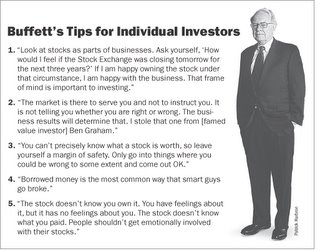My first exposure to sensible investing (reading economictimes and watching CNBC does not count in that), was when I read the book – The warren buffett way. I was completely mesmerized by this person and read all I could on him for the next few years.
I did not quit for the obvious reason of lower returns than the rest of the portfolio. The lower return played a part, but if I compare the effort invested in building and maintaining a deep value portfolio , it is much lower than trying to identify a high quality and reasonably priced company .
If one compares, the return on time invested (versus return on capital), the balance could tilt towards the deep value style of investing.
Let me list the reasons for moving away from this style of investing
Life is too short such for such torture
Re-investment risk- The other problem in this mode of investing is the constant need for new ideas , to replace the duds in the portfolio. This exposes one to re-investment risk (replacing one bad stock with another bad idea), especially during bull markets.
Value traps – This part of the market (deep value) is filled with stocks which can be called as value traps. These are companies which appear cheap on statistical basis, and remain so forever. The reasons vary from a bad cyclical industry to poor corporate management. In all such cases, the loss is not so much as the actual loss of money, but the opportunity loss of missing better performing ideas.
I know some of you, have never followed this mode of investing and have always invested in quality. The problem with investing in quality is the risk of over payment, especially if the quality is just an illusion (faked as in the case of several companies in the real estate sector in 2007-2008). Anyway, that is a topic for another post.
